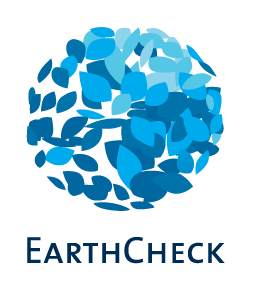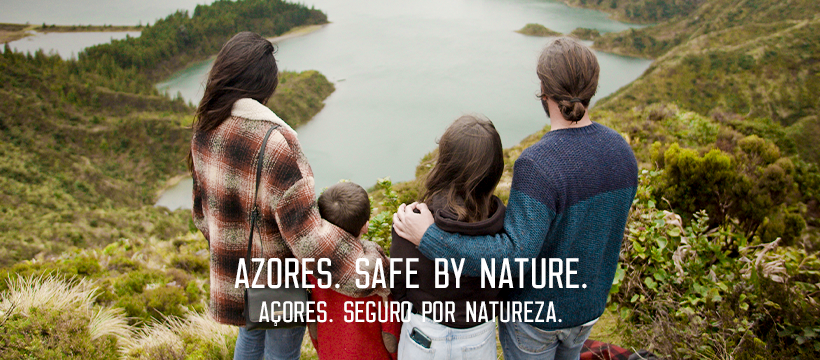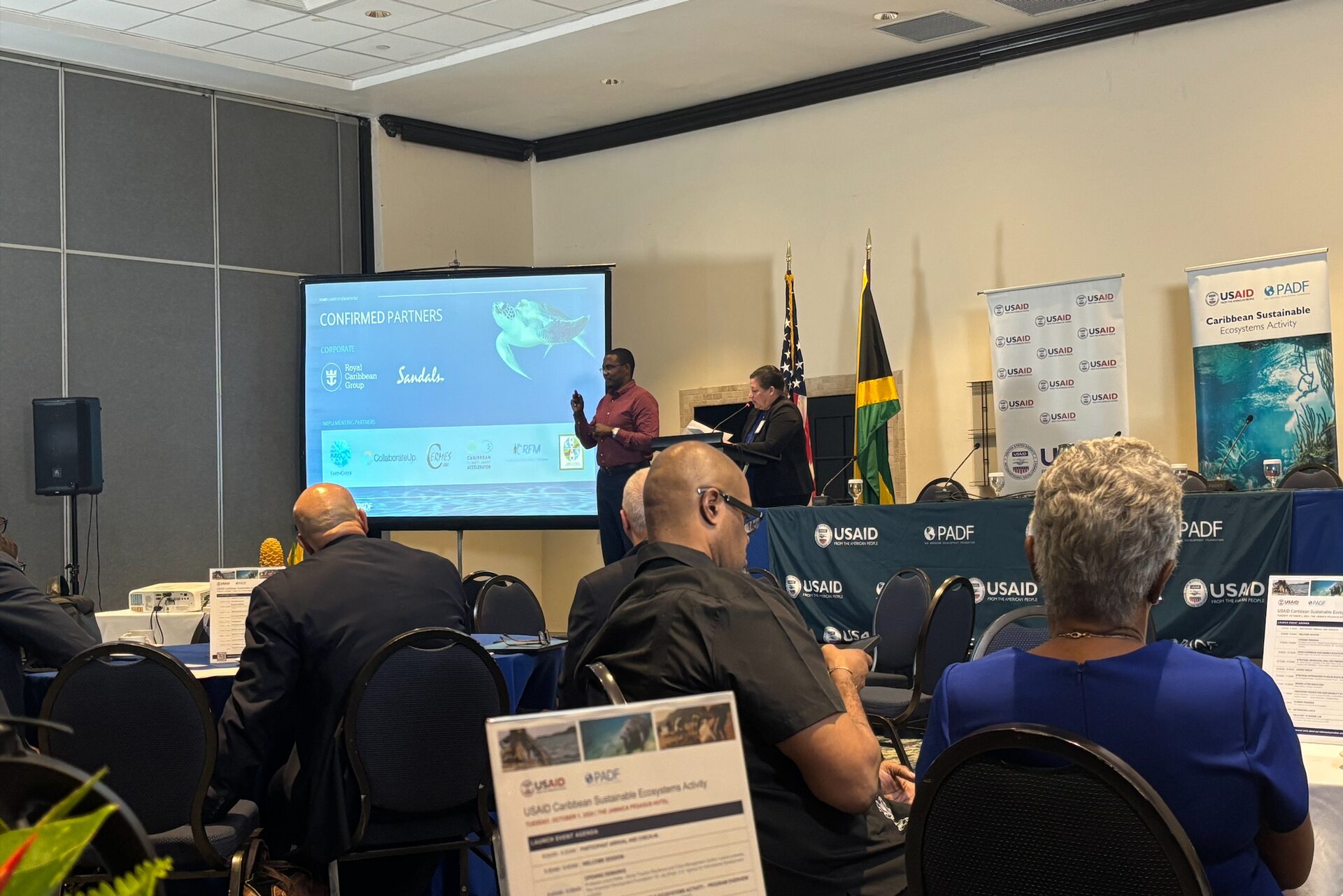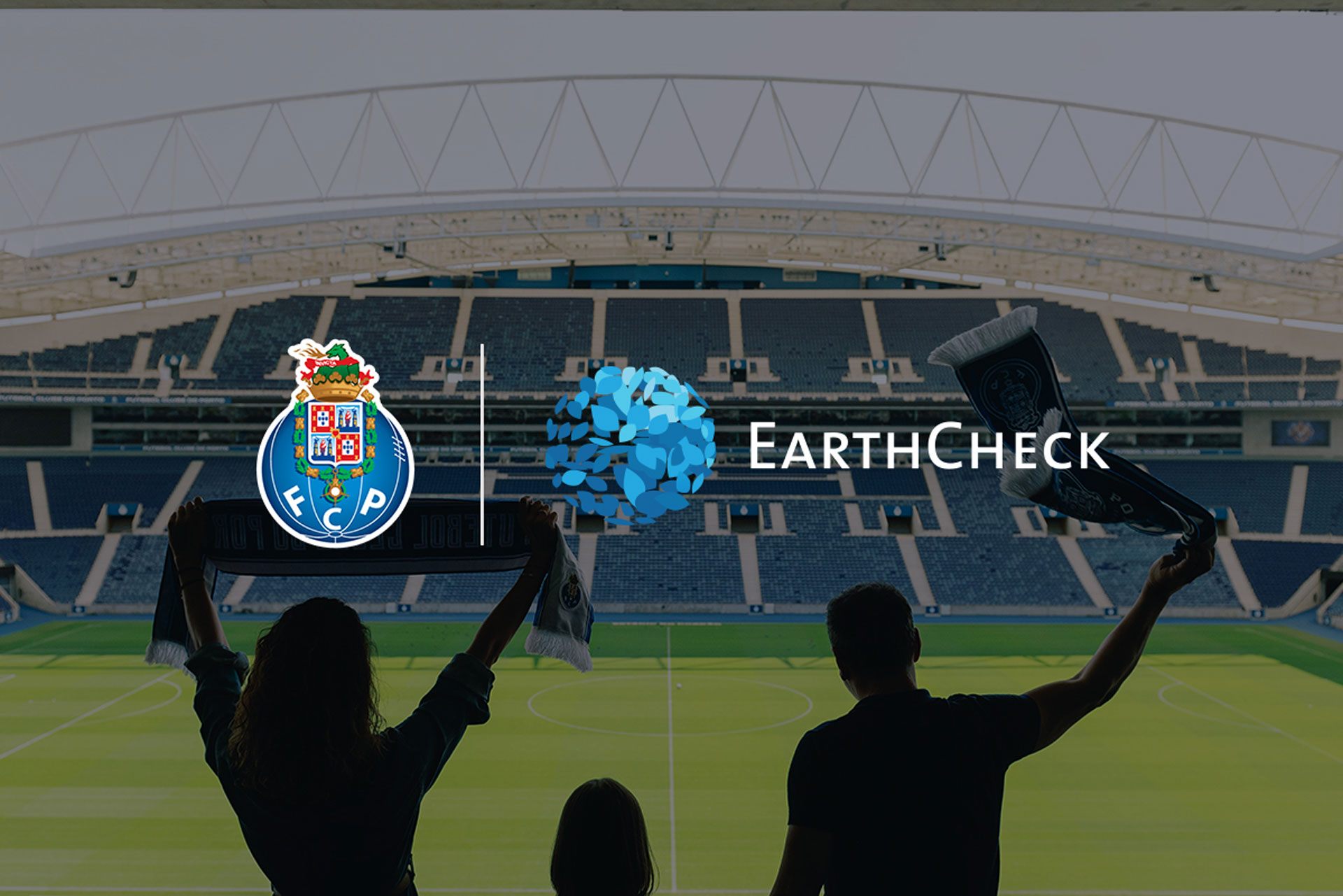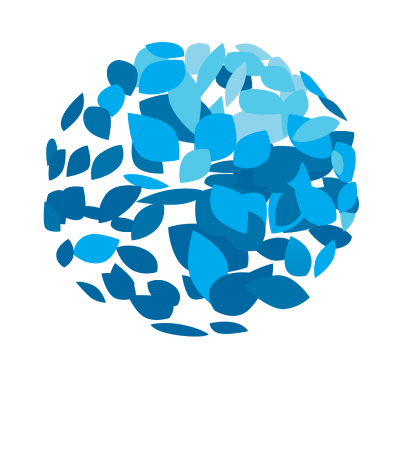Located just off the coast of Portugal and surrounded by marine protected reserves and a magnificent backdrop of nine volcanic islands, the Autonomous Region of the Azores has a goal of becoming a world-leading sustainable destination.
In late 2019, the Azores became the world’s first certified archipelago to be certified under the EarthCheck Sustainable Destination program. As part of its certification the Azores measures and assesses the entire destinations carbon footprint with an objective to minimise the net production of the greenhouse gas, CO2 equivalent (CO2-e), from energy consumption.


How does EarthCheck benchmark a destination?
Benchmarking with EarthCheck indicators is straight forward and provides practical feedback on relative performance and demonstrates to stakeholders a responsible commitment to high standards. Assessment of indicator measures is based upon the outcome’s relation to Baseline and Best Practice performance levels of environmental impact. Baseline is an above average standard of performance for the type and location of a Destination. Best Practice is an exemplary standard of performance for the type and location of a Destination.
EarthCheck’s indicator measures are benchmarked by directly evaluating the Destination’s performance against a relevant Activity Measure (a measure that reflects the key activity of the Community, taking into account the type of impact). For example, Energy Consumption, Potable Water Consumption, and Waste Sent to Landfill are all benchmarked against an Activity Measure. The Activity Measures for the Destination sector are ‘Person Years (PY)’ and ‘Total Destination Area (ha)’.
A Person Year is equivalent to 365 full person days. This activity measure incorporates both resident and guest populations, where guests who visit the Destination are classified as either “Guest Nights” or “Day Guests” (i.e. a person who arrives and departs on the same day). Each “Guest Night” is counted as one person day and each “Day Guest” is counted as one-third of a person day.
How does EarthCheck determine Baseline and Best Practice?
The values for the Baseline and Best Practice levels for each indicator are derived from extensive worldwide research into available and appropriate case studies, industry surveys, engineering design handbooks, energy, water and waste audits, and climatic and geographic conditions.
National and regional data for per capita energy use, greenhouse gas and other emissions, wastes to landfill and water consumption, where available provide background data for normalisation of the expected performance values for per customer/visitor or employee, and/or overall performance of a Destination being benchmarked. They are used to gauge the regional or national situation and environmental performances that a Destination is based in, and hence what are reasonable levels to expect the Destination to achieve.
A benchmarking result at, or above, the Baseline level demonstrates to all stakeholders that the Destination is achieving above average performance. A result below the Baseline level indicates that a Destination can and should carry out actions that will make beneficial improvements in performance.
For more information on the Azores ambition visit sustainable.azores.gov.pt
